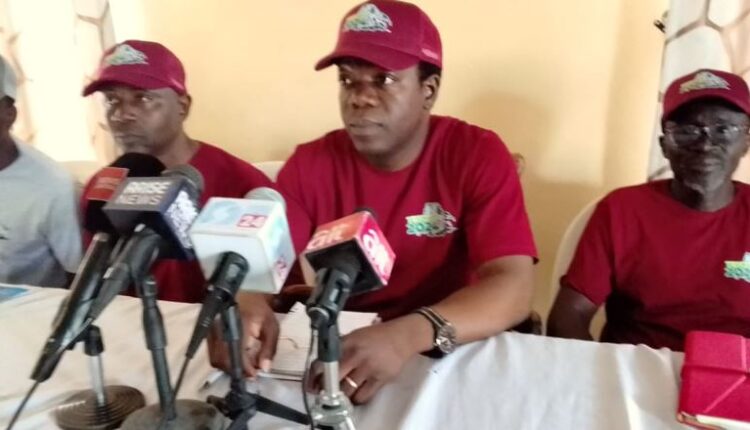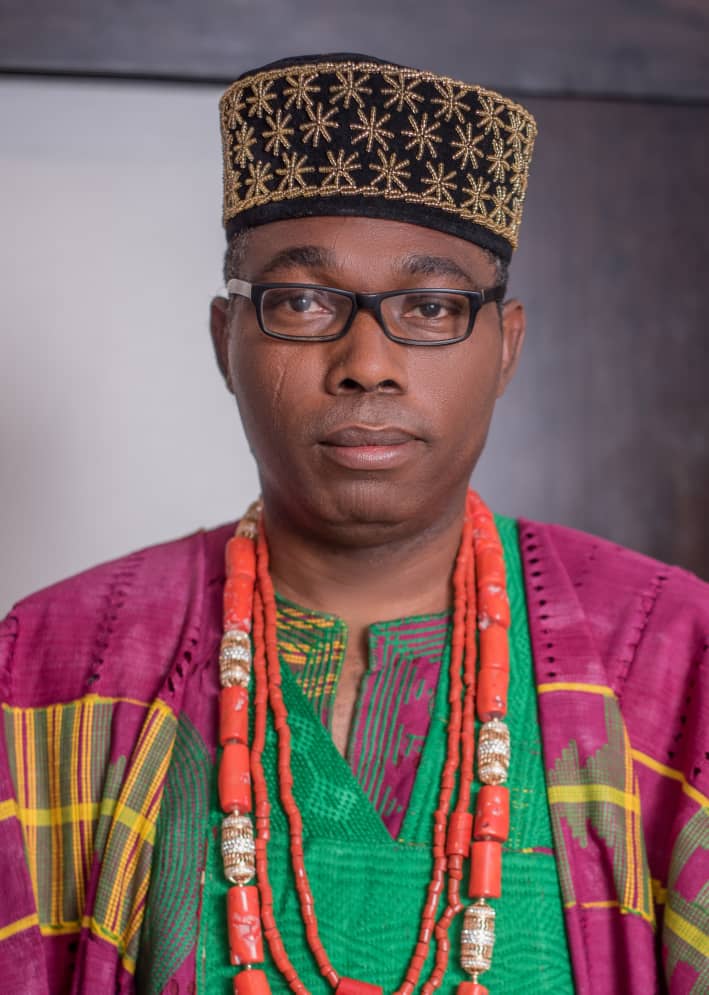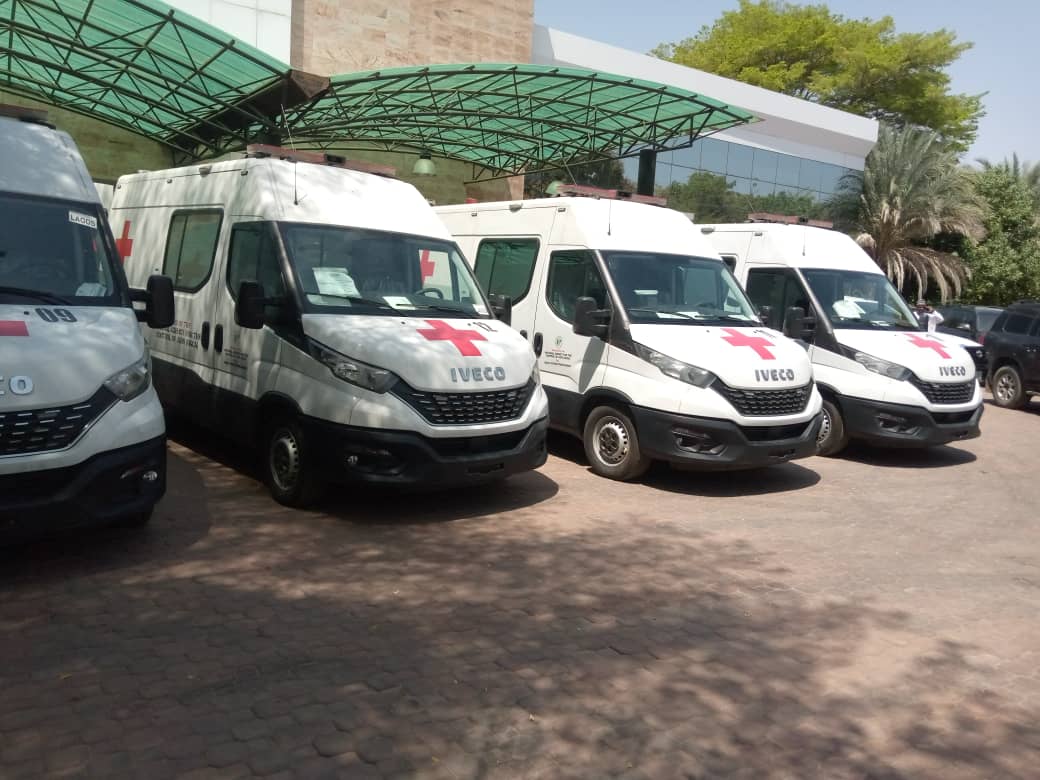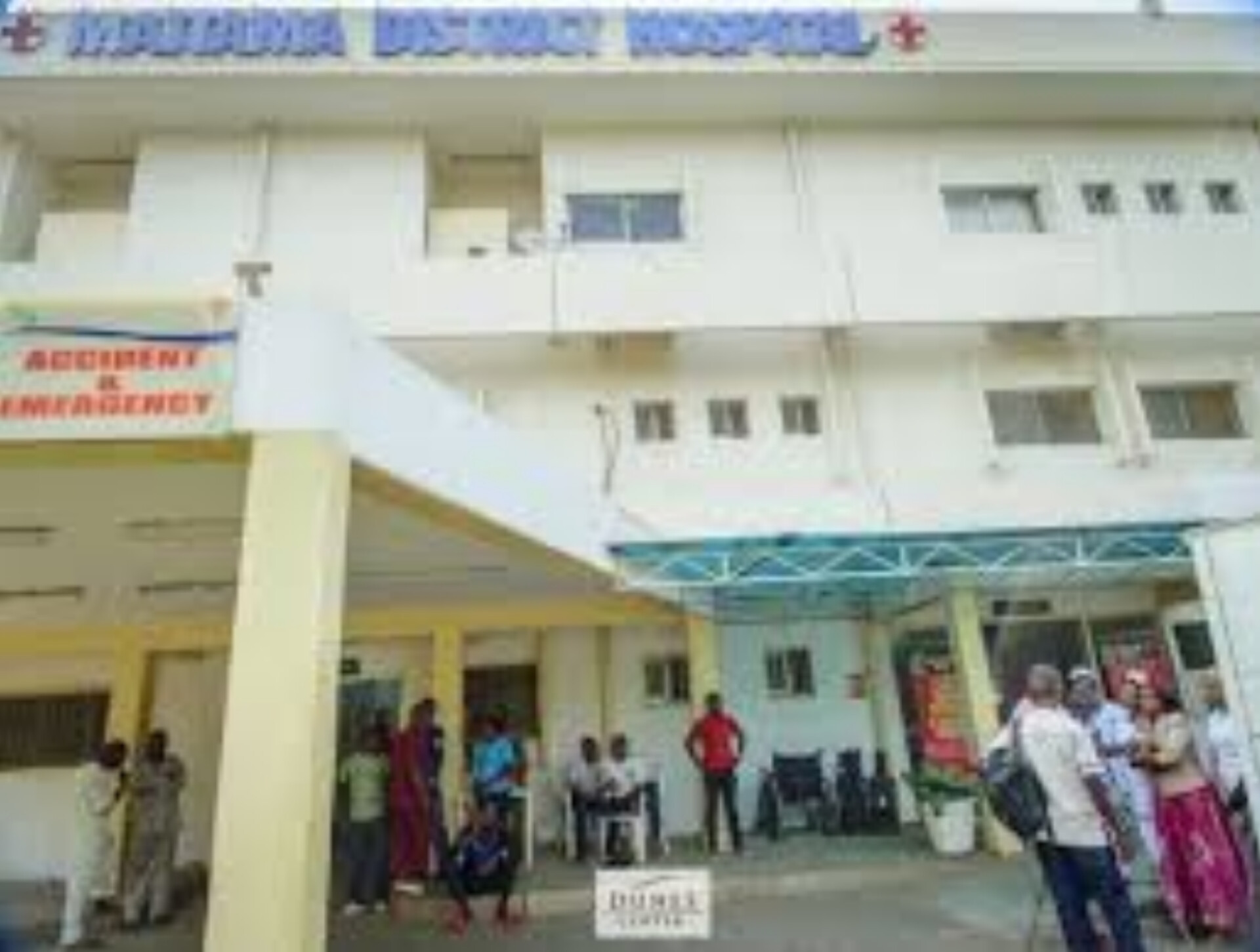The 60th National Congress of the Nigerian Veterinary Medical Association (NVMA), currently being held in Jos, has faced an unexpected disruption.
Several key members of the veterinary community, including figures from the Veterinary Council, academia, and private sector, received urgent letters from the Livestock Reforms Implementation Committee summoning them to a last-minute meeting in Abuja.
The timing of this meeting, from October 22-25, coincided directly with the congress, which also included the association’s Annual General Meeting (AGM).
President of the NVMA, Dr. Moses Arokoyo, expressed deep concern over the sudden call, pointing out that the congress had been advertised for months and that those summoned were integral to the success of the event. “This congress is a milestone, marking 100 years of veterinary service in Nigeria. To suddenly remove key participants without prior notice is both surprising and troubling,” Dr. Arokoyo stated. He added that the absence of these members could hinder the quality of discussions, particularly as the congress theme focuses on the future of veterinary service delivery and artificial intelligence’s role in national food security.

The congress, which featured a keynote address from Dr. Mahaletchumy Arujanan of Malaysia, brought together over 1,000 veterinarians and high-profile guests. UN Deputy Secretary-General Amina J. Mohammed delivered a special message lauding the profession’s contributions to national food security.
Distinguished figures, including Governors Mai Mala Buni of Yobe and Bala Mohammed of Bauchi, and the First Lady of Borno State, Dr. Falmata Babagana Umara Zulum, were honored for their support of livestock development.
The last-minute clash between the Livestock Reforms Committee meeting and the congress has sparked concern within the veterinary community.
Dr. Arokoyo questioned the timing and decision-making process behind the meeting, noting that neither he nor the Council President, who are both members of the Reforms Committee, were consulted.
He called for a more inclusive and well-coordinated approach to advancing livestock reforms, stressing that the veterinarians’ voices are crucial at this pivotal stage of the Ministry of Livestock Development’s work.
The disruption has been described as a threat that can undermine the collaborative spirit of the congress and hence weaken veterinary contributions to shaping Nigeria’s livestock sector, raising questions about the future of cooperation between the government and the profession.



